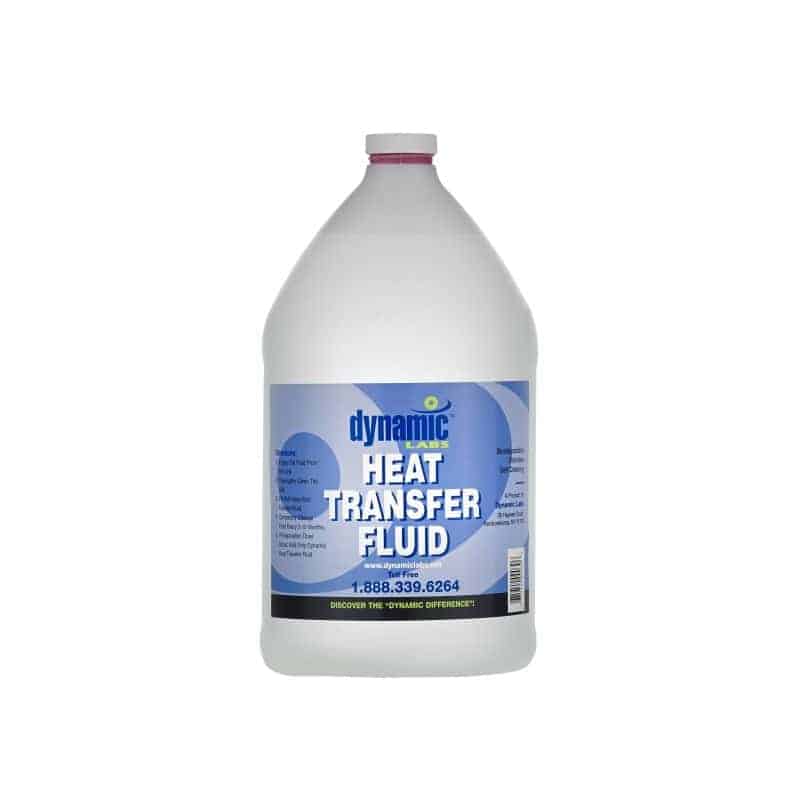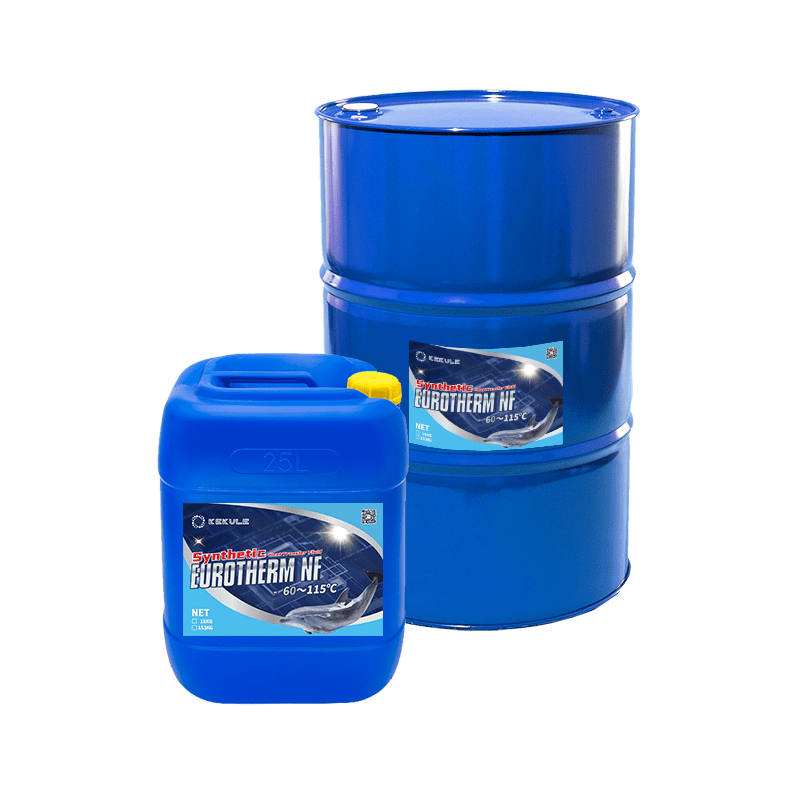Heat Transfer Fluid: Important for Maximizing Industrial Cooling And Heating Equipments
Heat Transfer Fluid: Important for Maximizing Industrial Cooling And Heating Equipments
Blog Article
The Role of Warmth Transfer Liquid in Enhancing System Performance and Safety
In the ever-evolving landscape of commercial procedures, warm transfer liquids (HTFs) emerge as crucial parts in enhancing both system performance and safety and security. These specialized liquids, understood for their superior thermal conductivity and regulated viscosity, allow effective heat exchange, which is crucial for structured operations.
Understanding Warm Transfer Fluids
Warmth transfer fluids, often taken into consideration the lifeline of thermal management systems, play a crucial role in regulating temperature throughout numerous industrial applications. These liquids are important in procedures where heat should be either absorbed or dissipated to preserve ideal operating problems. Industries such as chemical handling, power generation, and production depend on warmth transfer fluids to ensure devices runs effectively and securely. By promoting the transfer of thermal power, these fluids help in stopping getting too hot, therefore extending the lifespan of equipment and decreasing downtime.
The selection of a suitable heat transfer liquid is important to the success of a thermal management system. In summary, a detailed understanding of warm transfer liquids is vital for enhancing system efficiency, making sure functional safety and security, and accomplishing cost-efficient thermal management options.
Trick Feature of HTFs
The specific warm capacity of an HTF defines the quantity of warmth energy called for to transform its temperature level, affecting how effectively the system can react to temperature variations. The boiling and freezing points of HTFs likewise play an essential role, especially in systems exposed to extreme temperature levels, making certain liquid security and stopping phase modifications during procedure. In addition, the chemical security of HTFs under varying thermal conditions is crucial to stop deterioration and extend fluid life. Lastly, compatibility with system products is essential to avoid corrosion and product destruction, making sure long-lasting functional integrity. These residential or commercial properties jointly inform the selection of an appropriate HTF for specific commercial applications.
Enhancing System Efficiency
To improve system efficiency with warm transfer liquids (HTFs), it is necessary to incorporate an extensive approach that thinks about both liquid properties and system layout. The selection of an appropriate HTF is crucial, as its thermal conductivity, thickness, and certain warm capacity straight influence the effectiveness of heat exchange. High thermal conductivity ensures rapid heat transfer, while optimal thickness helps with smooth circulation through the system, lessening power consumption. Furthermore, a high particular warm capability permits the fluid to shop and move even more site web thermal power, improving general system performance.
Equally important is the style of the heat transfer system itself. The surface area and product of warmth exchangers ought to be enhanced to make the most of warmth transfer performance.
Boosting Operational Safety And Security
Guaranteeing functional safety and security in warm transfer systems needs a meticulous focus on both the homes of warm transfer liquids (HTFs) and the layout and maintenance of the whole system. HTFs should possess thermal stability, low flammability, and appropriate viscosity to minimize risks such as leakages, fires, and system breakdowns. Choosing the appropriate HTF is important as it identifies the system's ability to take care of temperature variations without compromising safety and security.
The layout of the system need to include redundancies and fail-safes to take care of prospective threats effectively. This includes the integration of security shutoffs, pressure alleviation devices, and why not look here temperature level monitoring systems to discover and attend to anomalies immediately. Regular maintenance is critical to guarantee that all components, including pumps, pipelines, and seals, are functioning appropriately and are totally free from wear or rust, which could bring about harmful leaks or failings.
Furthermore, personnel liable for the procedure and upkeep of warm transfer systems need to be effectively learnt security methods and emergency response treatments. Regular training programs and security drills can significantly minimize the probability of crashes, ensuring a much safer working setting. Ultimately, a thorough technique to security-- encompassing liquid selection, system layout, and labor force training-- is important for optimal operational protection.
Sector Applications of HTFs
Widely utilized throughout various sectors, heat transfer fluids (HTFs) play a vital duty in boosting the efficiency and integrity of thermal management systems. In the chemical market, HTFs are essential for maintaining specific temperature levels throughout responses, making certain product consistency and high quality. They assist in heat exchange processes in activators, condensers, and warm exchangers, thereby optimizing energy use and reducing waste.
In the oil and gas field, HTFs are utilized in both upstream and downstream procedures. They handle temperature in exploration operations and boost performance in refining procedures by offering stable thermal conditions. This results in minimized downtime and enhanced safety, specifically in vital operations such as distillation and breaking.
The renewable energy industry additionally benefits dramatically from HTFs, specifically in focused solar power (CSP) plants. Right here, HTFs move captured solar power to power generators, enabling reliable power generation. The pharmaceutical market depends on HTFs for exact temperature control in both synthesis and storage space, ensuring item efficiency and safety and security.


In addition, the food pop over here and drink market makes use of HTFs for pasteurization, sanitation, and cooking procedures, enhancing both product safety and manufacturing efficiency. Throughout these industries, HTFs function as important elements in preserving optimal functional performance and safety and security.
Verdict
Heat transfer liquids are crucial in boosting industrial system efficiency and safety and security by using high thermal conductivity, optimum thickness, and thermal security. Appropriate selection and upkeep of HTFs enhance heat exchange efficiency, thus improving operational effectiveness.
Report this page